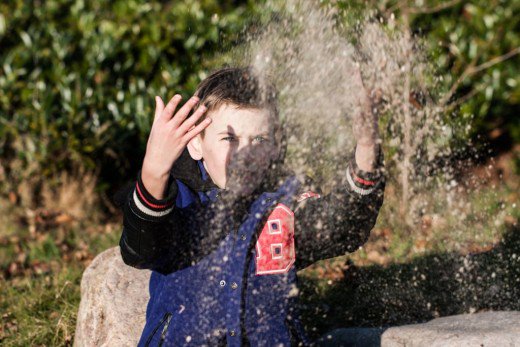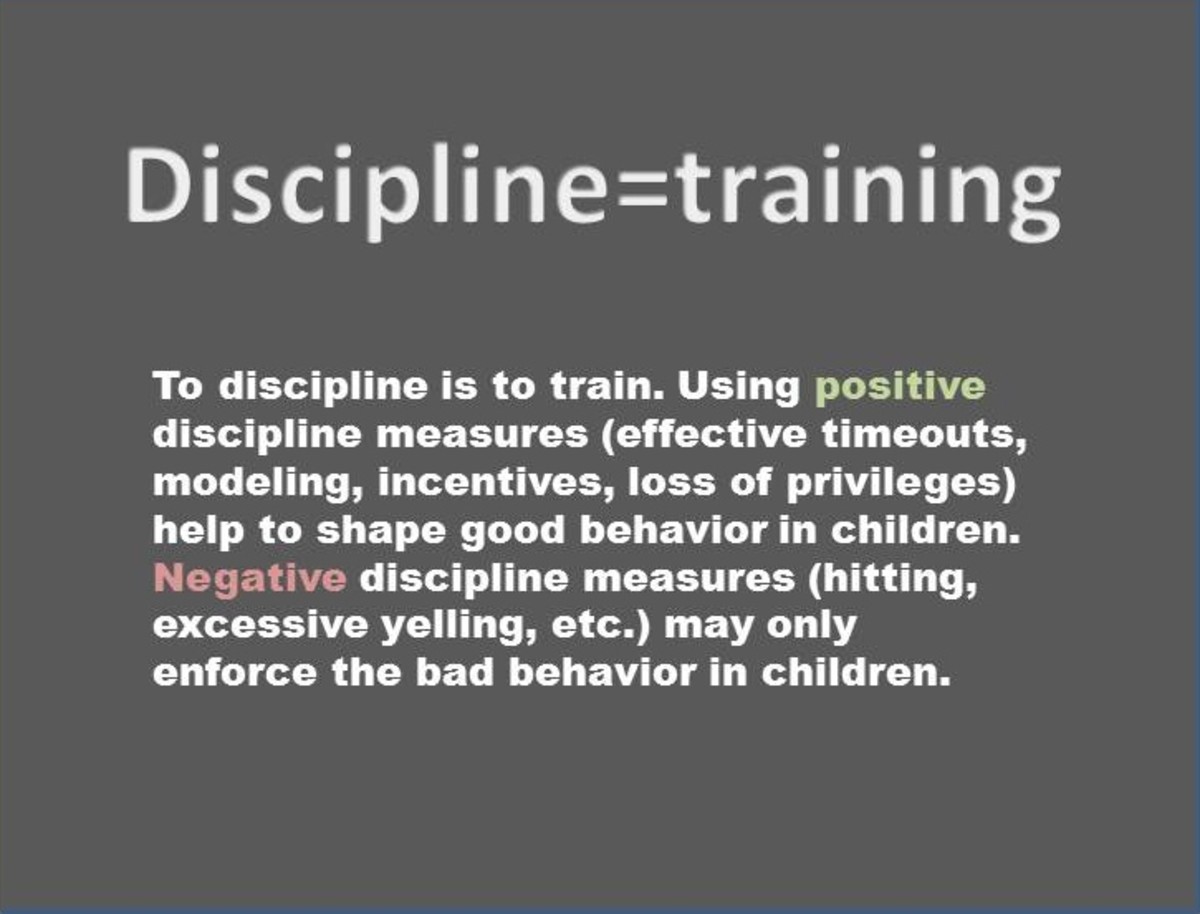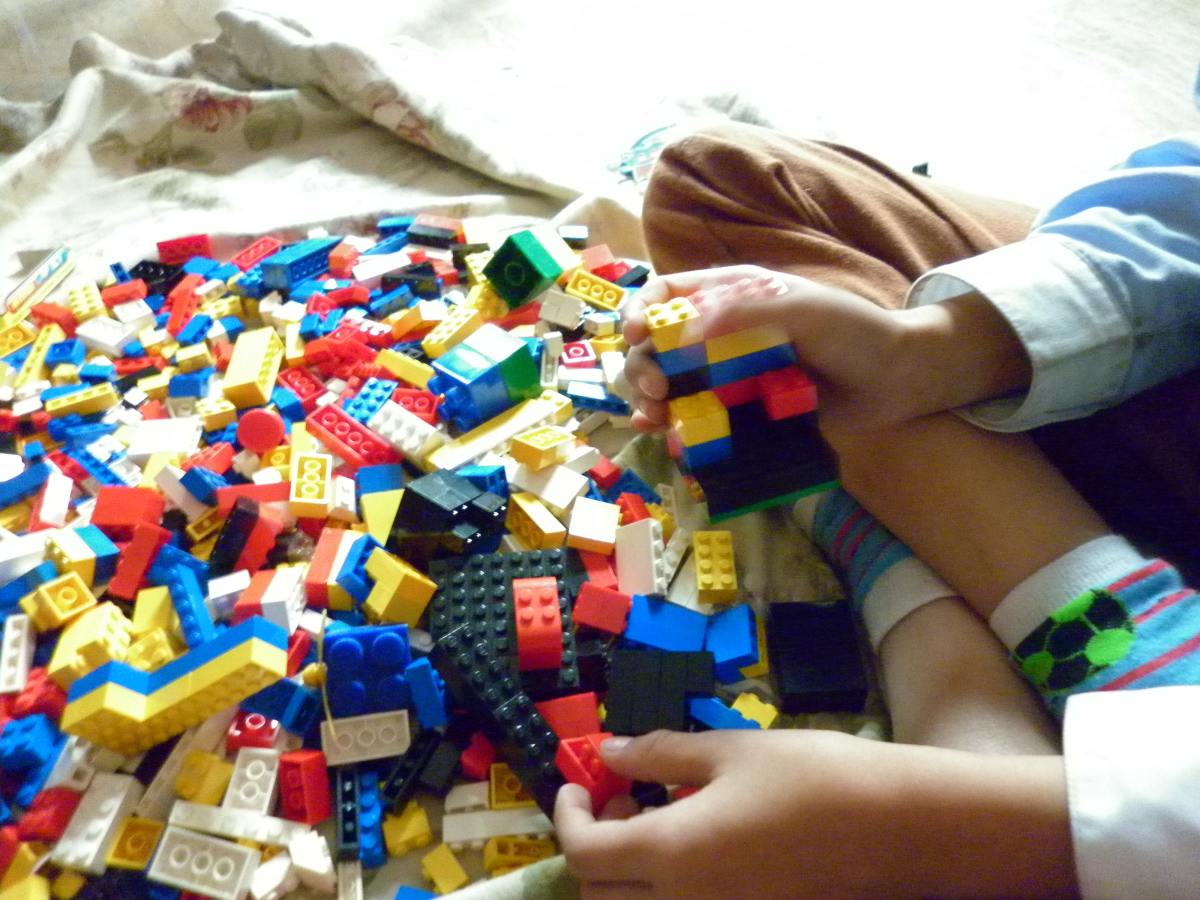How to Deal With a Spoiled Child
Spoiled children are children are easy to notice, but hard to deal with. Especially if your own child is quite spoiled, it can be difficult to first of all recognize that. Second, it's hard to start changing his/her and your behavior for the better in a good, kind and loving manner. Children often become spoiled as a result of overly-permissive and overly-indulgent parenting, or overly-indulgent and overly-permissive behavior from another adult figure in the child's life. If you're not really sure what is the best way to deal with your kid's spoiled behavior keep on reading, we'll take a look at the problem from different perspectives in this article.

If you are a parent of a spoiled child don’t panic about it. Some parents show their love by overindulging their child, even though it’s wrong. However other parents might use excessive gifts as a way to temporally distract their children and regulate\sooth their behavior. Some parents are self-centered and egotistical themselves and project that onto their child. They treat their children like they are better than other children which spoils the child. Spoiled children can be very annoying, but it’s important not to react to them impulsively.
It’s also important to remember that throwing a tantrum doesn't automatically mean that the child is spoiled. Some children have a greater difficulty in controlling their temper or they simply don’t know how to communicate their distress without throwing a tantrum.
Here are a few parenting tips that can help you.
Avoid Yelling
Yelling back at a child that is throwing a tantrum may be tempting, but it usually doesn't help to regulate the child’s behavior, on the contrary it can make the situation worse. By getting out of control and yelling you are basically doing the same thing that the child is doing.
Set Clear Boundaries
A child should be able to understand clearly how far they can go in their behavior, and derive a logical message from it. Set boundaries and rules that make sense, from which the child can derive good and sensible morals. Explain what limits and boundaries mean and why they are important in life (in a language that the child can understand). Meanwhile don’t try to make yourself look like the absolute authority in you child’s eyes. Explain that rules need to be respected by everyone (including yourself) in order for the world to function in a peaceful way, and that if they don’t respect them they will receive some form of punishment or consequences. Try to encourage your relatives (the child’s grandparents especially) to respect those boundaries too.
Encourage Gratitude and Generosity
Children look at your behavior and often make conclusions about the life. If you demonstrate grateful behavior it is likely that the child will learn from that.
Encourage the child to be thankful when he\she receives a present, and don’t shower your child with gifts all the time. Find fun ways to spend time with your child that don’t involve spending money and buying stuff. Make your child share his treats with others sometimes. That teaches the child that giving and sharing is important.
Teach Respect and Compassion
Children who have a brother or sister are more likely to be tolerant and less spoiled because they learn that they are not the center of the parental attention, and therefore they become less self-centered as a result. However even if the child doesn't have siblings don’t shower him\her with too much attention, show him that there are other people around him and that their feelings\wants\needs matter too.
Explain More
Sometimes parents punish their children for a certain behavior or action without properly explaining why that action was wrong in the first place. The best way to explain is ask the child to put himself in another person’s shoes. That way you are encouraging compassion in your child and you are teaching them to operate from compassion.
Never Use Violence
Using violence to discipline a child can be as equally bad, if not worst than spoiling the child. Both types of children are likely to grow up as unbalanced adults. While the spoiled child will end up with more behavioral problems, the overly-punished children usually end up with anxiety and lack of self-confidence.
Don’t 'pass the buck'
This happens quite often in parenting situations. When one parents feels like they don’t have the ability to deal with a difficult child they ask the other parent to solve the problem and avoid any responsibility. This is bad because you lose every authority in you child’s eyes and they will act even more spoiled around you in the future.
Give Them Chores
Giving a list of chores that your child has to do every day teaches them to be responsible and realize that living a good and comfortable life requires work and responsibility. It doesn't have to be anything really difficult or time consuming, just an activity that can be used to teach the concept of responsibility.
This content is accurate and true to the best of the author’s knowledge and is not meant to substitute for formal and individualized advice from a qualified professional.








